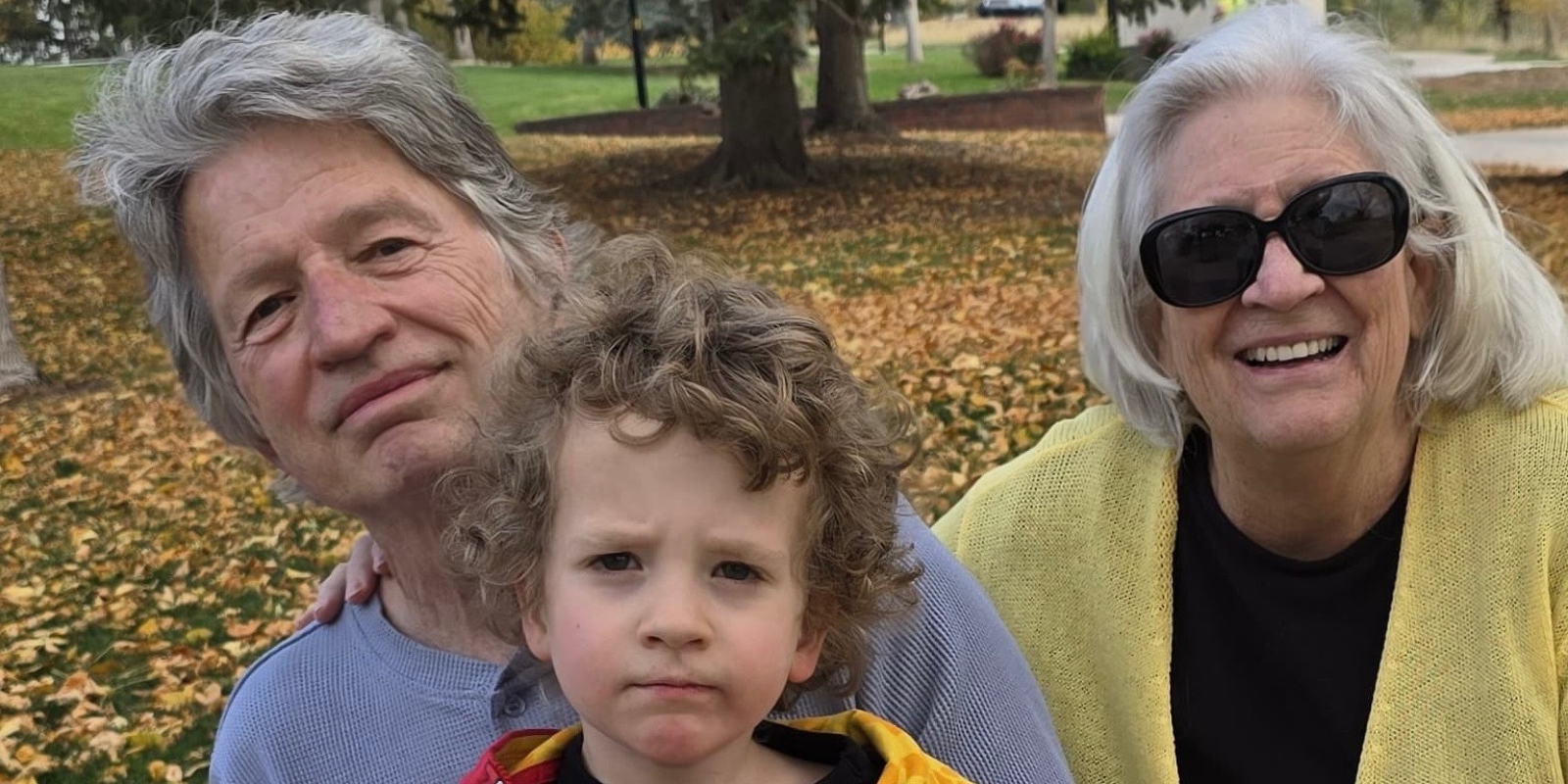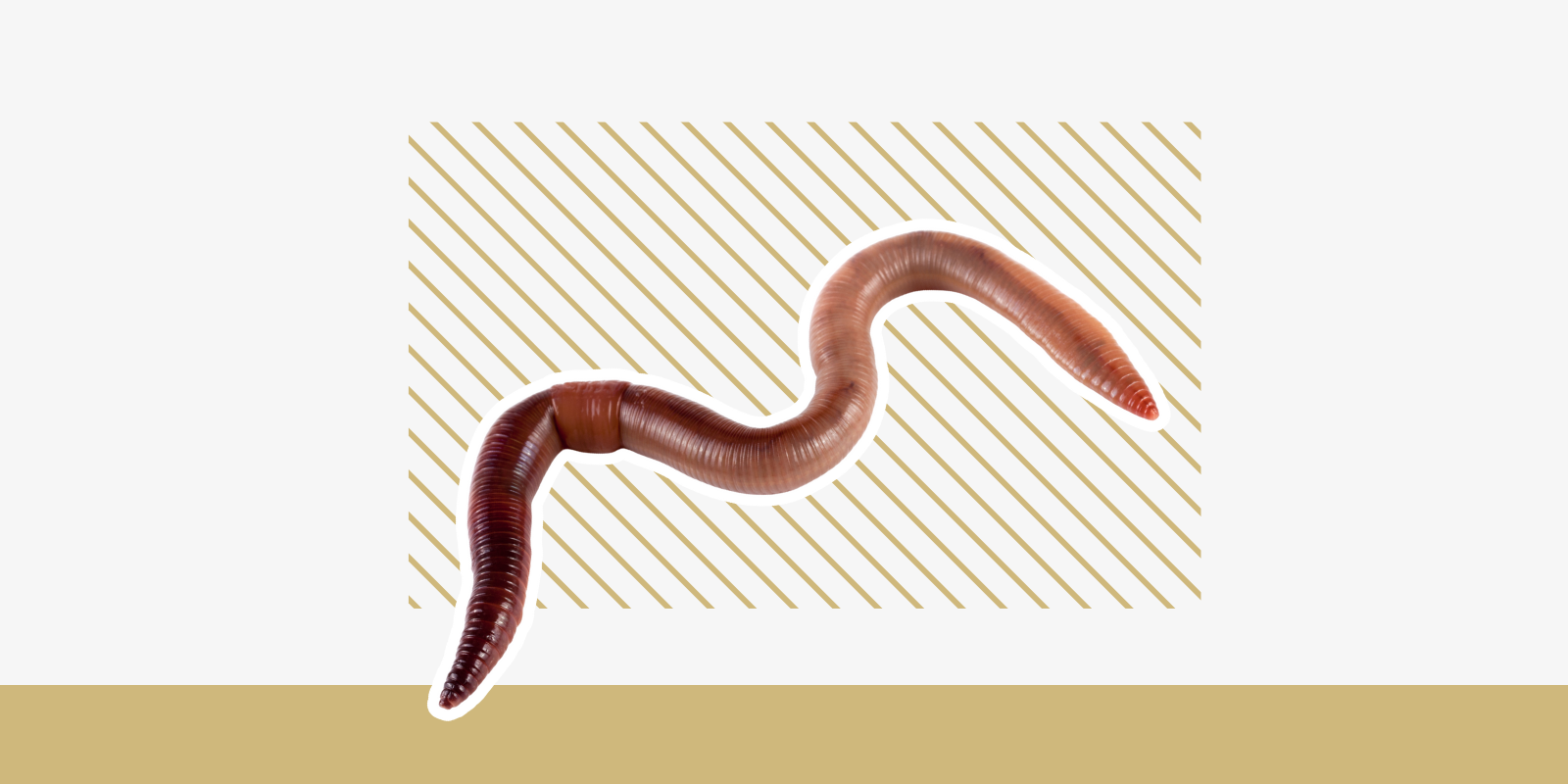You know how it is trying to leave for vacation – there’s always one last thing to do, one last note to write, one last end to tie up before committing to the rest and relaxation.
But midway across the Atlantic Ocean, Muhammad Aftab, MD, an assistant professor of surgery in the Division of Cardiothoracic Surgery, was finally in vacation mode, ready for a five-day whirlwind through Rome and Athens with longtime friend Nauman Moazzam, MD.
Then, an announcement over the airplane’s intercom: “Is there a physician or medical professional onboard?”
Aftab remembers looking at Moazzam for just a second or two, and in wordless agreement making the decision. They rose from their seats and hurried to the back of the airplane to help.
In what could have been an intimidating experience – not knowing what they’d find when they arrived there, unsure whether the airplane’s medical kit would contain the supplies they needed – Aftab says he gained a renewed commitment to using his skills and training to help when he can, and a newfound respect for airplanes’ medical kits.
“It reminded me to never hesitate to help, to trust on your skills and go ahead and see what the circumstances are and do your best with the best intentions,” he says. “And especially on international flights, maybe people are not aware of it, but there are supplies and medication available to treat a lot of medical emergencies. So, I think knowing that and knowing just your presence can help in what might be a really scary situation.”
“Immediately Back in Physician Mode”
Aftab and Moazzam met while they both were students at King Edward Medical University in Lahore, Pakistan. They became good friends, but made different arcs across the globe for their residencies and internships. Unexpectedly, and thousands of miles from Lahore, they met up again on the Front Range.
With their friendship renewed, they and another friend from medical school began taking annual trips together. Usually, they travel with their wives and children, but this year it worked out that the pair could do a Wednesday to Sunday long weekend in Rome, Italy, and Athens, Greece.
So, they departed Denver in the early afternoon of July 28, landing at Newark Liberty International Airport a little before 5 p.m. They got a late lunch and, typical for physicians, did some last-minute work on their laptops while they waited to board their flight.
Once they did, though, they stopped thinking about work and started thinking about making the most of their brief time in Rome and Athens, plotting how they could squeeze in the Colosseum, the Parthenon, the Vatican…
And then the call for help over the airplane intercom.
“You don’t really think about it,” he explains, “you’re just immediately back in physician mode.”
The only irony was that Aftab always travels with a Bluetooth-capable stethoscope that can send EKG data to his smartphone, but has never had to use it. He didn’t use it this time, either, because he didn’t have time to grab it.
Finding the Necessary Medicine
Aftab and Moazzam hurried to the back of the airplane, where they learned a 7-year-old boy – the same age as Aftab’s daughter – was having a significant allergic reaction, with a rapidly expanding rash across his face and body.
An Italian medical professional also had responded to the call for help, so the three tag-teamed their care: Aftab scanned the list of the enhanced emergency medical kit’s contents, Moazzam got a patient history from the boy’s panicked mother, and the third responder examined the boy, who was scared and lying on the floor in the food preparation area. He had no previous history of allergies, his mother explained, and the hives and rash had come on at terrifying speed.
“He didn’t have impending airway obstruction, but the rash was rapidly expanding and that was concerning because that could worsen into anaphylactic shock,” Aftab recalls. “Fortunately, at that time he was stable, because the one thing the (medical) kit didn’t have was an EpiPen.”
Both of Aftab’s children have severe peanut allergies, so he regularly travels with Benadryl, steroids, and EpiPens, but didn’t have them on this trip because he wasn’t with his family. To add to his frustration, he also didn’t have a hospital or other medical ID to show the pilot before the pilot could break the seal to open the medical kit. He did have his 2021 American Medical Association membership card, though, which was enough proof that Aftab was the physician he said he was.
“I have to say, the kit was really well-organized,” he says. “We’d decided to start with Benadryl, which I was able to quickly find, and we gave him a dose based on his body weight. We also looked into other medications in case that didn’t help.”
To everyone’s relief, the boy began responding to the Benadryl right away, and soon fell asleep. The pilot asked the medical responders for their honest assessment – the airplane was over the middle of the Atlantic and there was nowhere close to land – but the boy’s swift response to the Benadryl led them to advise the pilot that he would be fine to land in Rome as scheduled.
Aftab checked on the boy every half hour for the remainder of the flight and saw his hives and rash continue to steadily subside. By the time the airplane reached the tarmac in Rome, the boy was well enough to stop by the physicians’ seats to say thanks.
One of the last things Aftab did before deplaning was write a short note to the airline, which he gave to the pilot to pass along, praising the comprehensiveness of the medical kit and suggesting the addition of EpiPens and steroids for adults and children.
A Whirlwind Tour After an Exciting Flight
It was just before 8 a.m. local time when they landed, and they were buoyed by adrenaline, so they did such a whirlwind of sightseeing through Rome that by 4 p.m. they decided to hop a bullet train to Florence. Once there, they commissioned a cab driver to show them around that city for several hours before boarding the train back to Rome and crawling into bed by 10 p.m.
The rest of the trip continued in a similar vein: marveling at the Sistine chapel, enjoying cacio e pepe and gelato in the city center, meeting up with another friend from a fellowship in Athens for a guided tour around the city and panoramic views of the Mediterranean coast.
And their flights back to Denver? Uneventful. But the lessons of that Newark-to-Rome flight remain with him, Aftab says.
“Beyond knowing that the supplies are there, that you can be confident in the medical kit, I think first, never hesitate to help,” he says. “Trust in your skills and go ahead and see what the circumstances are, then do your best with the best intention and I’m sure you will be able to help.”




